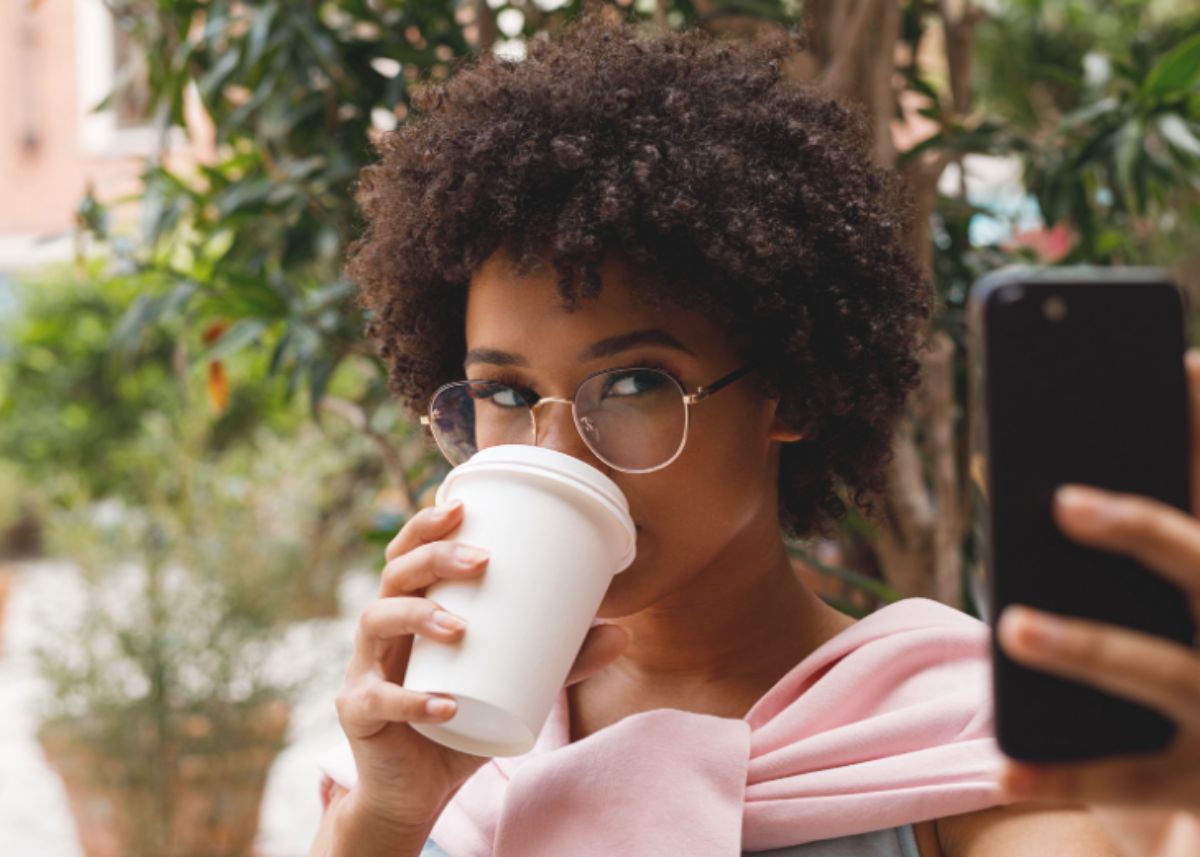The newly-released 2024 South African Influencer Benchmark Report has detailed the value local influencers bring to brands.
The price of a single Instagram post can range from R2 693 for nano influencers to over R17 667 for celebrity accounts with millions of followers, writes BizCommunity.
This report, based on insights from 560 influencers, sheds light on the financial landscape of influencer marketing in South Africa.
Average rates for local influencers
According to the report, on average, influencers charge R4 354 for a static Instagram post and R7 335 for a reel.
These figures make influencer marketing comparable to traditional advertising, but with an added layer of trust and authenticity.
“Influencers act as a unique bridge between brands and consumers, offering impressions that often rival those of traditional media,” the report said.
It’s all about engagement
South African influencers boast an impressive average engagement rate of 3.39%, more than double the global benchmark of 1.49%.
Nano influencers (with 5 000 – 10 000 followers) lead the pack with a 4.55% engagement rate. This highlights the value of more connected, niche audiences.
Only 23% of influencers with fewer than 500 000 followers are managed by agencies, suggesting that many remain independent and focus on maintaining their unique voice.
As such, the report emphasises how authenticity drives success in this arena. Influencers prefer campaigns that give them the most creative freedom.
Subtle and minimal product placement also tends to yield better results.
Platform preferences and regional trends
Instagram remains the top social media platform for influencers, followed by TikTok and YouTube. Regional trends have also emerged, revealing Johannesburg as the hub for fashion and beauty influencers.
Cape Town excels in food and lifestyle content, while Durban focuses on wellness and travel. Interactive strategies like giveaways, Q&A sessions and events continue to drive high engagement.
The influencer industry in South Africa is still evolving, with 75% of influencers open to trade exchanges, especially for high-value products in sectors like beauty.
“We recognised a significant gap in the market regarding reliable data on influencer engagement and payment,” said Braden Smulders, head of digital at The Racket Club and leader of the survey.
“We wanted to create a resource that not only informs but also empowers both influencers and agencies.”
